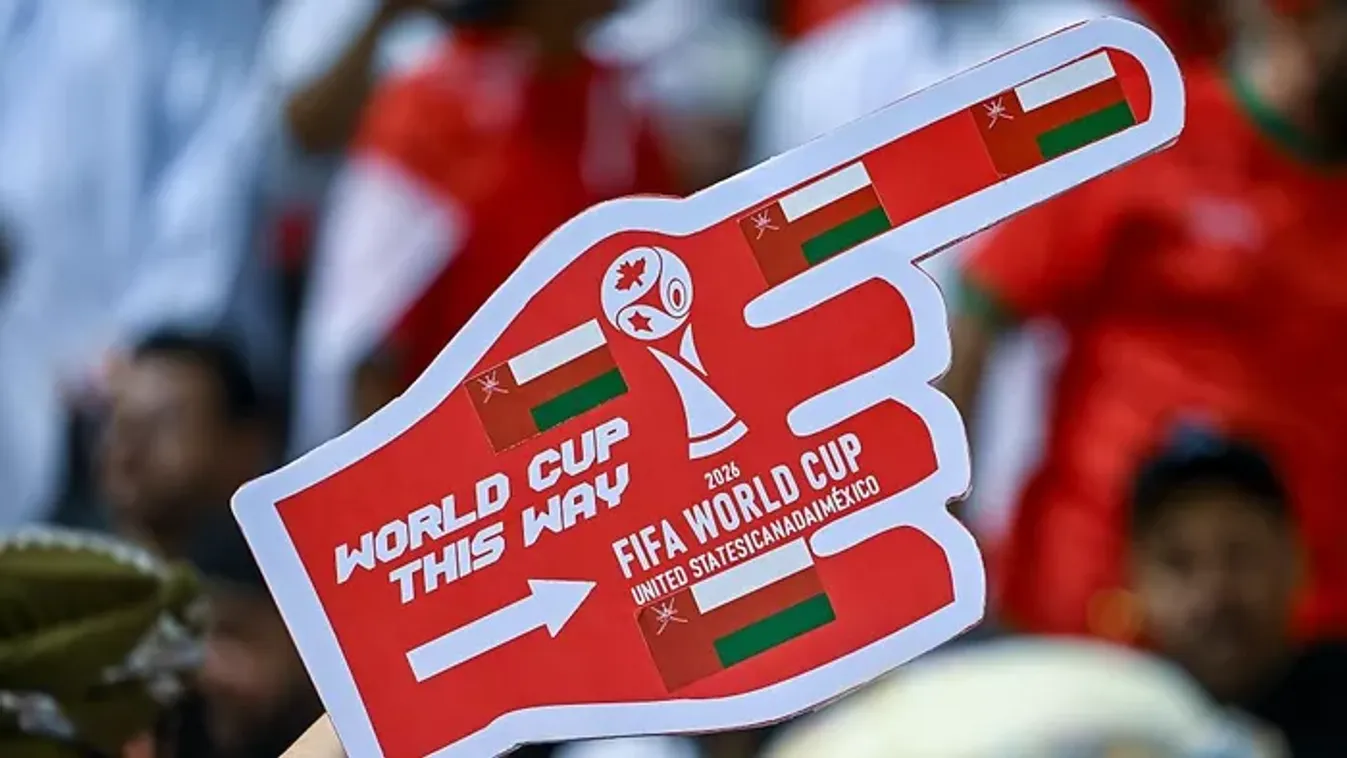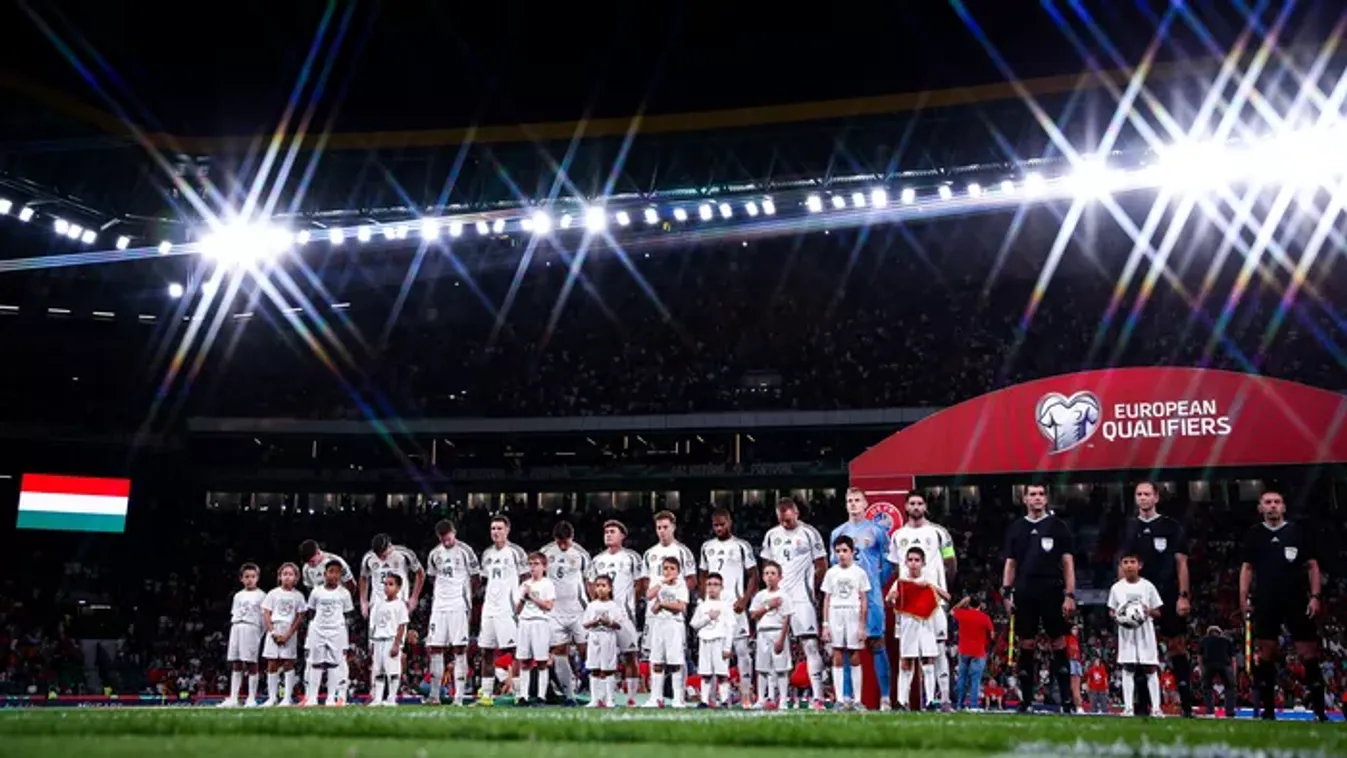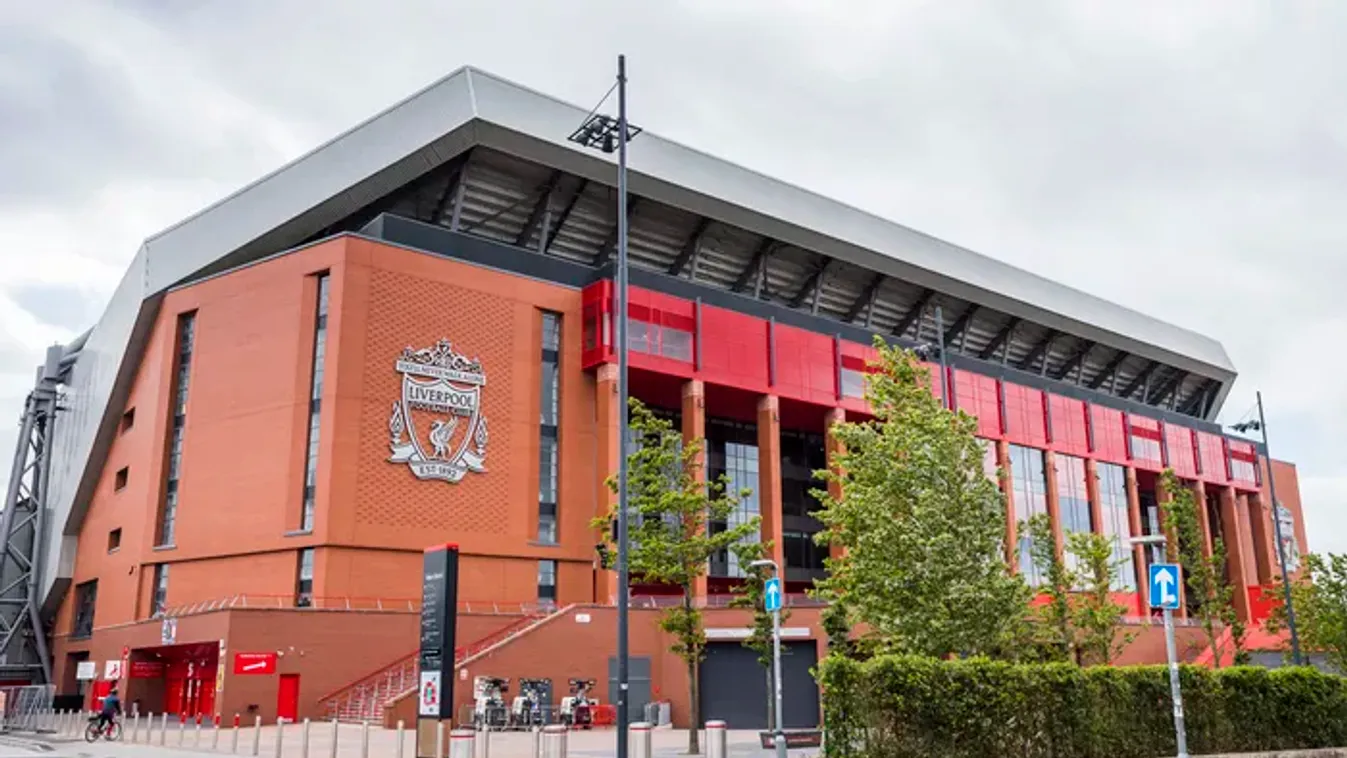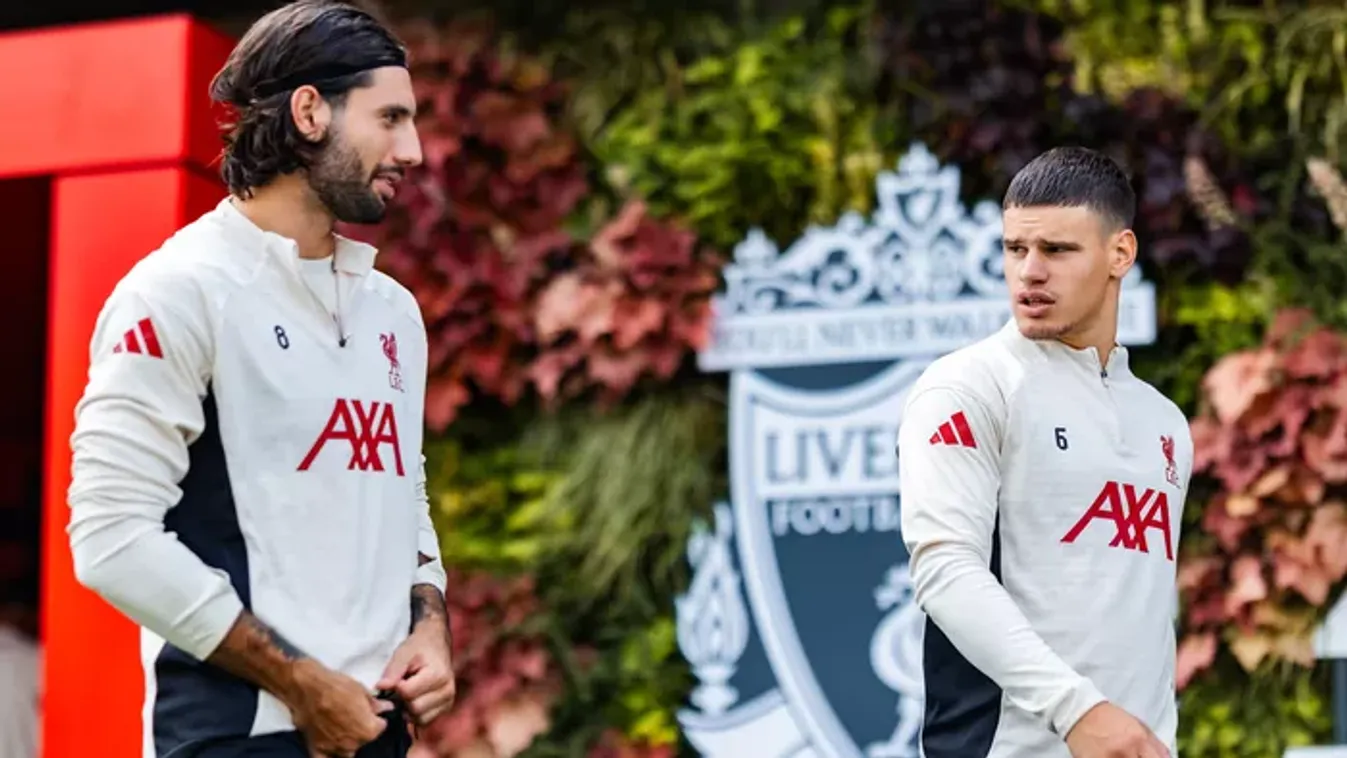„Football is a great game”
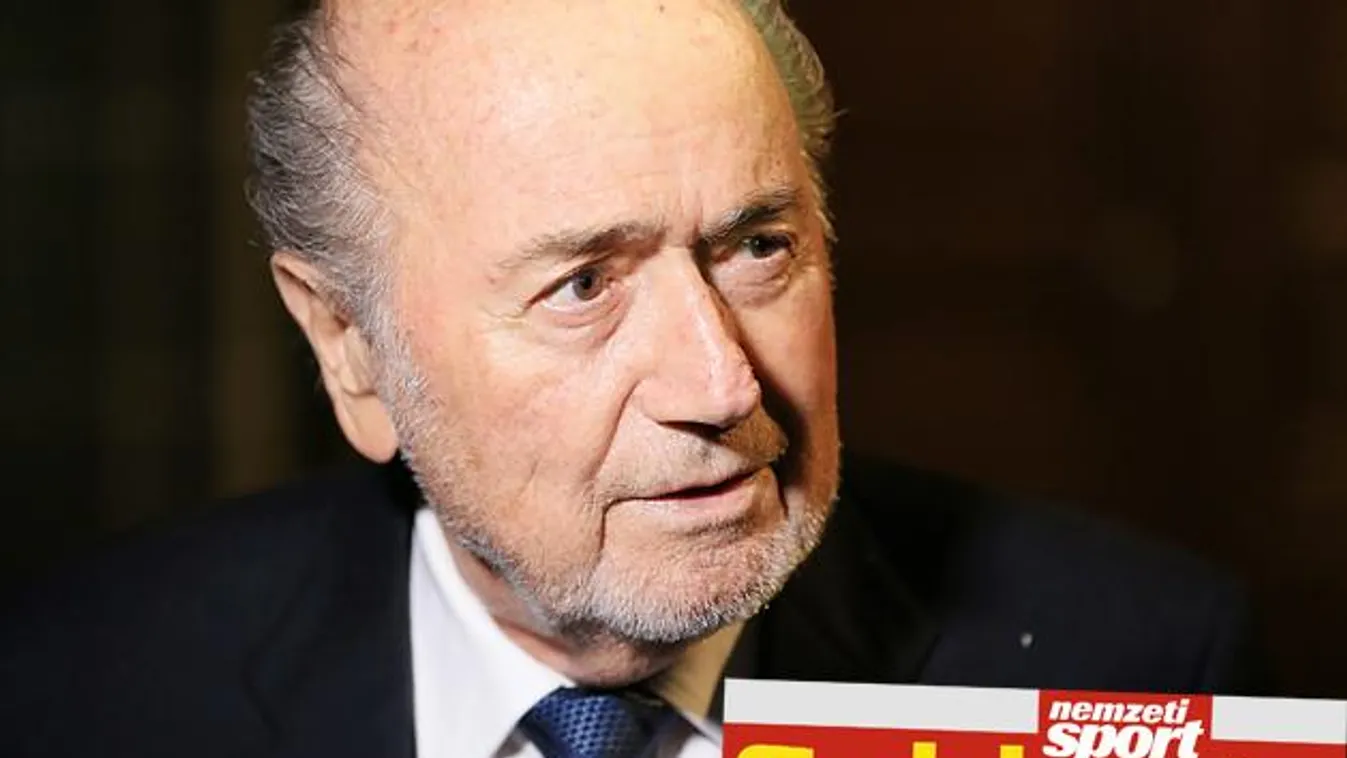
NS: Is the beard deliberately part of a new image?
SB: Yes. And those in my environment like it.
NS: How do you spend your days now?
SB: Well, for example, I try to respond to your questions... no, joking aside, I'm active – I work and don't have a spare moment. I give speaches and conferences in universities and sports associations, last year my book was published and I organise the activities of the Sepp Blatter Foundation.
NS: Of your work as FIFA President, what was your most important achievement? What is it that you're truly proud of, for which the world will long remember Sepp Blatter?
SB: The most important is that everywhere FIFA's member associations have developed the sport. They have built new football headquarters, national training centres, pitches and organised education courses, taught the technical points of football, developed the marketing side and the medical background. In the framework of the 'Football for Health' programme we don't provide doctors' technical assistance for the sport only, but also for health and education ministries. The programme was led by Professor Jiri Dvorak, but now cancelled by the new leadership of FIFA. Let's talk instead about what FIFA could be proud of. Football is the school of life: based on discipline, respect and fairplay. I am proud that while I was General Secretary the huge drive to develop and popularise women's football took place. We took the World Cup to Asia and Africa too, where it had never been held before. And I also can't be ashamed that FIFA's perilous economic position was successfully stabilised and it was taken from a loss-making organisation into one which had 1.5 billion dollars in reserves for me to pass on to the next leadership.
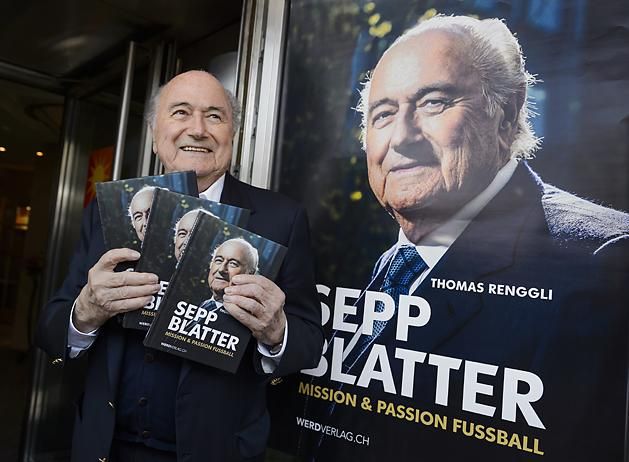
NS: Which was your favourite World Cup?
SB: Without doubt the one in South Africa.
NS: Why?
SB: Because no one, including the members of FIFA's Exco, no one believed that Africa would be capable of organising a World Cup. And South Africa was not just simply capable of it, but organised a fantastic World Cup and proved that Africa is not simply a continent which was once colonised but an independent, proud continent.
NS: Wasn't the picture overshadowed by the news reports that several matches were manipulated by the betting mafia in South Africa?
SB: That's simply not true!
NS: What do you think of the 48-team World Cup? Did it come about for economic reasons? What do you think the ideal system would be?
SB: My system was the 32-team World Cup which has worked superbly since 1998. The 48 teams will play in groups by three. This ist not good. Three-team groups are in conflict with the spirit of the game with one team always having a free day while the other two play. In Spain in 1982 the second group stage featured three-team groups but we immediately took it out of the system because it did not work. The next two World Cups will include 32 teams so it is only from 2026 that the World Cup will feature 48 teams.
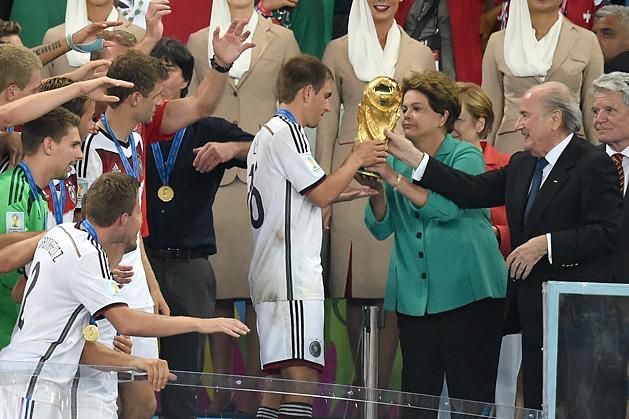
NS: The new system gives smaller countries the same rights as the bigger ones at the FIFA Congress, but at the same time the European nations have already tried to break away from FIFA once, and according to experts there is no guarantee that in the future FIFA won't break up or be torn into two. If the wealthy give up their priniciple of solidarity which is so often cynically cast as simple vote-buying, then perhaps Blatter's greatest achievements will fade away.
SB: The danger of setting up their own super league and cutting themselves adrift of UEFA doesn't come so much from the national associations as it does from the super-rich clubs. The final whistle certainly hasn't blown on this match, but then again this will not be my problem...
NS: In 1983, when you were the general secretary of FIFA, you said to Nemzeti Sport that football needs to work, in part, as more of an entertainment industry. Since then, the situation has arrived at the other end of the spectrum in that football has become a business which is gradually becoming more and more distant from the average person and from the sport's traditional values. Where will this lead?
SB: I don't agree. Today, football is the most popular sport in the world and the biggest games can be seen on television everywhere, which of course can make local football sensitive and devalue it, but never was football worldwide as popular as it is now. And it isn't just about entertainment; football is a passion, drama. The Romans used to say people need bread and a circus. Today football is the circus.
NS: Drama and passion, just as we saw in the Barcelona vs Paris St Germain match?
SB: Exactly. And tragedy. There was no penalty shootout in this match but when there is, the person who misses the penalty is the true, tragic hero. Because in a penalty shootout it is no longer a case of eleven players versus eleven, but instead 1 v 1. For one of the players there will definitely be a tragic outcome, but for the spectators the drama never fails to excite.
NS: Do you agree with modern technology helping in the officiation of matches? Does it not cut out the important personal factor in traditional refereeing? And would you say it is against the equally traditional values that the rules should be the same all around the world, no matter whether it's a World Cup final or a village school match?
SB: Goal-line technology which doesn't affect the independence of the referee's decision but instead helps him to make a good decision has been incorporated into football and successfully applied. The person there who needs to make the decision as to whether a penalty should be given cannot be replaced though.
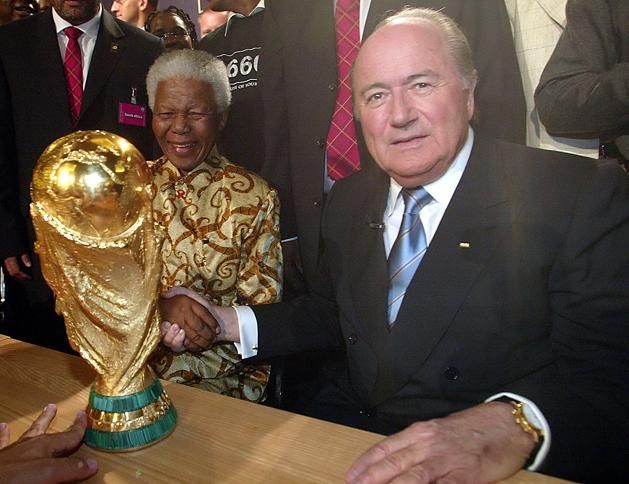
NS: But here as well the technology can be adapted and they tested these types of video refereeing - where the referee or two or three experts look back at the incident and come to a decision having watched the footage.
SB: This is made on an experimentel base.
NS: For the application of goal-line technology too.
SB: This is not the same principal. On Goalline Technology only technik is used – no human interference.
NS: For a long time technological assistance was resisted by FIFA and the International Board, the rule-making body.
SB: In reality it was a long route to acceptance. For me personally it was the England vs Germany match in the World Cup in South Africa when Frank Lampard's goal was not given which convinced me that there was a need for this assistance.
NS: What did you think when FIFA ended its cooperation with the France Football publication and the Golden Ball returned to the magazine, which might result in the FIFA award again not being the most prestigious football award in the world?
SB: This was the new FIFA-president's decision, which I would not like to comment on.
NS: Most of football's national association heads and members of FIFA's leadership were your friends, close ones, indeed you had a good relationship with everyone and on the occasion of your re-election in 2015 they stood in a seemingly unendingly long line to congratulate you. How did these people behave with you after your suspension? Did the friendships remain?
SB: Those who were really good friends still are, but they are few, very few.
NS: How have your close friends and family members tolerated the global campaign against you?
SB: They were sad. It is was harder for my daughter to deal with than for me. She lives with her family in a small village where the people's negative opinion was particularly painful. Today the situation has improved.
NS: Can we say that for you FIFA was like the family?
SB: No, family is family and cannot be replaced by anything. But it's true that because of FIFA I did not spend enough time with my family, with my daughter and with my beloved ones. Because I concentrated on my work, which I believed in, with all my heart and 100% dedication.
NS: At FIFA you had a personal rapport with everyone – what was your philosophy?
SB: Trust and humanity. What Nelson Mandela said and what we took as the motto of the 2010 World Cup: "Let's celebrate humanity through football!".
NS: There were many FIFA general secretaries during the Blatter era – who was the best?
SB: Sepp Blatter...
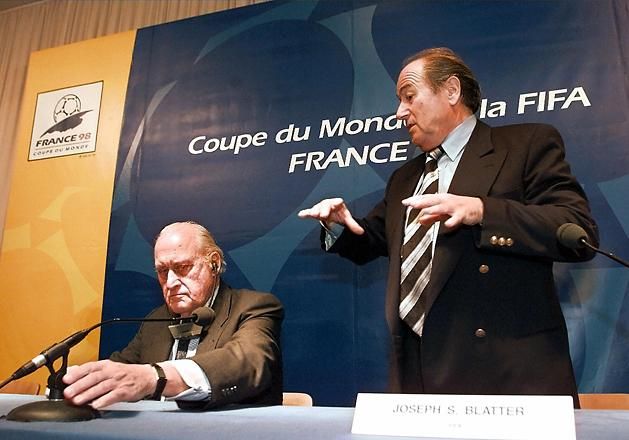
NS: Or rather would everything have been easier with a general secretary such as you had been?
SB: OK, I can't give myself compliments but I can say what Joao Havelange said when he looked back on his work as FIFA president. According to him, FIFA's successes under his leadership would have been unimaginable without me, without his general secretary. He said this, not me.
NS: What is it that you miss the most about being FIFA president?
SB: I was president for a long time but now I'm not anymore. I decided to put my mandate on disposal after the events on May 27 2015 in Zurich twoi days prior the congress.
NS: Which person, people or influences were behind your suspension and the attack on you?
SB: I could say that the England and the USA were bad loosers. The English wanted to be awarded the 2018 World Cup and the USA the 2022 one.
NS: When they fiercely attacked you, it seemed that the main aim was to have the decision overturned and the World Cup taken away from Russia and Qatar. However, nowadays no words are said on the matter.
SB: Only FIFA alone can change these decisions but FIFA's new leadership have already confirmed them.
NS: Having said that, you didn't totally agree with the decisions, at least not with Qatar's victory. As you earlier stated in a Financial Times interview, there was an agreement behind the scenes that the two superpowers, Russia and the USA, would be awarded the 2018 and 2022 World Cups on the same day.
SB: This would have been a good message for FIFA's sponsors, partners and for our campaign „Handshake for Peace", if we had taken the World Cup to two great players in geopolitic.
NS: Why did the deals agreed in the background change?
SB: For the 2022 World Cup it was the intervention of the French President Nicolas Sarkozy towards Michel Platini. This changed four votes.
NS: The historic vote ended with Qatar winning 14-8 against the USA.
SB: Yes, if four voters had voted otherwise, USA would have won 12-10.
NS: And then perhaps the FIFA president would still be Blatter today.
SB: Probably. Not in my dreams in 2010 could I have thought that in 2015 these would be the consequences of the decision.
NS: Despite the American and Swiss authorities launching a full-on attack on FIFA you still won the presidential election with a large majority, only for you to announce four days later to put your mandate on disposal. Why?
SB: To calme the situation down, because of the huge pressure.
NS: You were suspended by the FIFA's ethic commission – and the appeal infront of CAS was rejected. Aren't you guilty?
SB: I am not guilty. Everything will become clear, better late than never. I accept my share of the responsibility but I am not guilty. This just a suspension, a sports ban, not a legal or criminal case. If you read the documents, one can see that they did not establish any bribery or corruption. I'm suspended like a coach or player. They made a political decision. A sports-political decision.
NS: Or did they not make a simple sports-political decision, but rather in the strictest sense, a political decision?
SB: That is your opinion.
NS: Will you be there at the World Cup?
SB: I'm invited by Russia. And I certanily will be there, if I'm still in a good shape.
NS: How do you respond to Russia's President Putin suggestion that you should receive the Nobel Peace Prize?
SB: I am grateful to him that he thinks this but I would give the Nobel Prize to Football instead for the special role this sport plays in the creation of peace, dialogue between countries and fair rivalry.
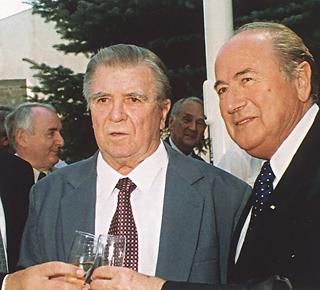
NS: How is your relationship with the media now?
SB: I have no problem with them. Some of them have a problem with me.
NS: When did you last speak with the press?
SB: Two months ago with the Swiss media and since then once with American magazine Newsweek. I'm not able to grant most of the requests and I don't meet with journalists at all. But I make an exception for the country of Ferenc Puskás and Viktor Orbán. I know Nemzeti Sport well too; it's a famous, old newspaper.
NS: And what about György Szepesi, who was your colleague for 12 years on the Executive Committee?
SB: He is fantastic! I remember he was well accepted by the other gender, a captivating person. Once, we organised a tennis foursomes mini-tournament in Budapest. I was accompanied by a colleague of mine from Switzerland and Szepesi brought with him the then Hungarian national-team coach whose name now escapes me, but he was a fabulous tennis player. Every ball came back from him as if it had rebounded off the wall. György Mezey? Yes, that's him.
NS: Do you know any of today's Hungarian footballers?
SB: Of course! Gulácsi is one of their players, correct? He's a great goalkeeper for Leipzig! I also remember him from the Under 20 World Cup in Egypt. Thanks to Hungary's recent developments and after the successful European Championship last summer, Hungarian football is certainly returning to the level of its previous successes.
NS: We're not going to host the Olympics though.
SB: In regard to this question I'm not privy to information even though I was a member of the IOC, the International Olympic Committee, and a constant guest at their meetings. On this, I would only say that the most recent winter Olympics and now the 2024 summer Olympic Games have only had two cities vying for the right to host them, which indicates that something is not quite right around the Olympics.
NS: How is your connection with Platini now? You've said in the past that he is a good guy and as good as a successor to you as you could have imagined, but at UEFA he also contracted the Anti-FIFA virus...
SB: We met in Lausanne three months before the sports law courts met to consider the case as he was one of my witnesses. Since then we haven't talked.
NS: During the course of the examinations, attacks and interrogations, what was your most painful or the most humiliating experience?
SB: That was when the Swiss authorities descended upon me. This shattered me. I'm a patriot – I was a soldier too, a good soldier who captained 3,500 men in the army, I served my home country upon which I would never bring disgrace.
NS: If you could start all over again, what would you do differently as FIFA President?
SB: Nothing. Perhaps I would be a little more cautious with people in my presence and would not trust everyone unconditionally. But I did my work to the best of my ability. And as I said, this story isn't finished yet. Everything will be revealed, everything will be clarified.
NS: As president, did you visit all 209 FIFA member states?
SB: One of the recent, newly accepted members South Sudan, no, and I think I missed one or two if the Caribbean islands as well as Kosovo and Gibraltar which weren't yet members while I was there, but I went everywhere else – more than 200 countries.
NS: Did you establish any kind of special habits during the course of your many travels?
SB: On the occasions that I flew over oceans and seas I would never eat while in the air and specifically tried to adapt my sleeping and eating patterns to the timezone of the place to which I was travelling.
NS: Did you like the ‘United Passions' film? Do you still think it was a good idea for FIFA to support this project to the tune of many millions of dollars?
SB: ‘United Passions' is a wonderful, exceptional movie. They will rediscover this because it is an excellent film which tells the story of the World Cups. Not of Havelange or of Blatter, but of the interesting history of the World Cup and the start of FIFA, even if, after its introduction, the media slammed the film.
NS: Is it true you are a practicing Catholic? What does faith mean to you?
SB: I am a faithful man, I received a strict Catholic education, I believe in God and my conscience is clear. Therefor sooner or later the truth will win.
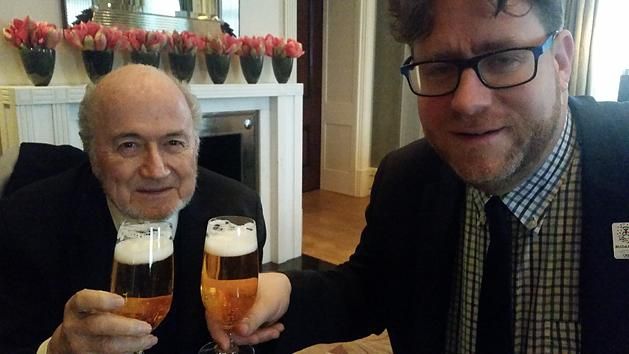

A csönd tisztelete – Malonyai Péter publicisztikája
